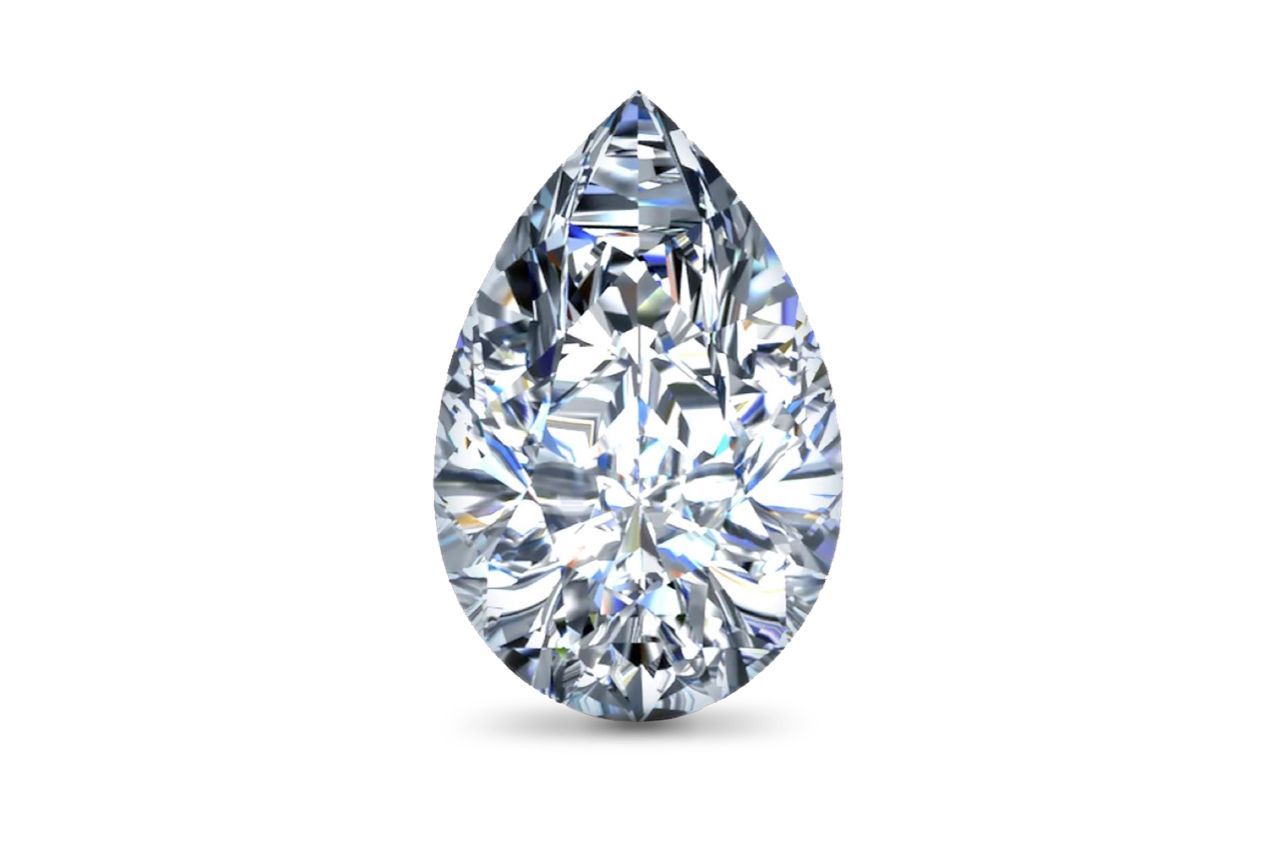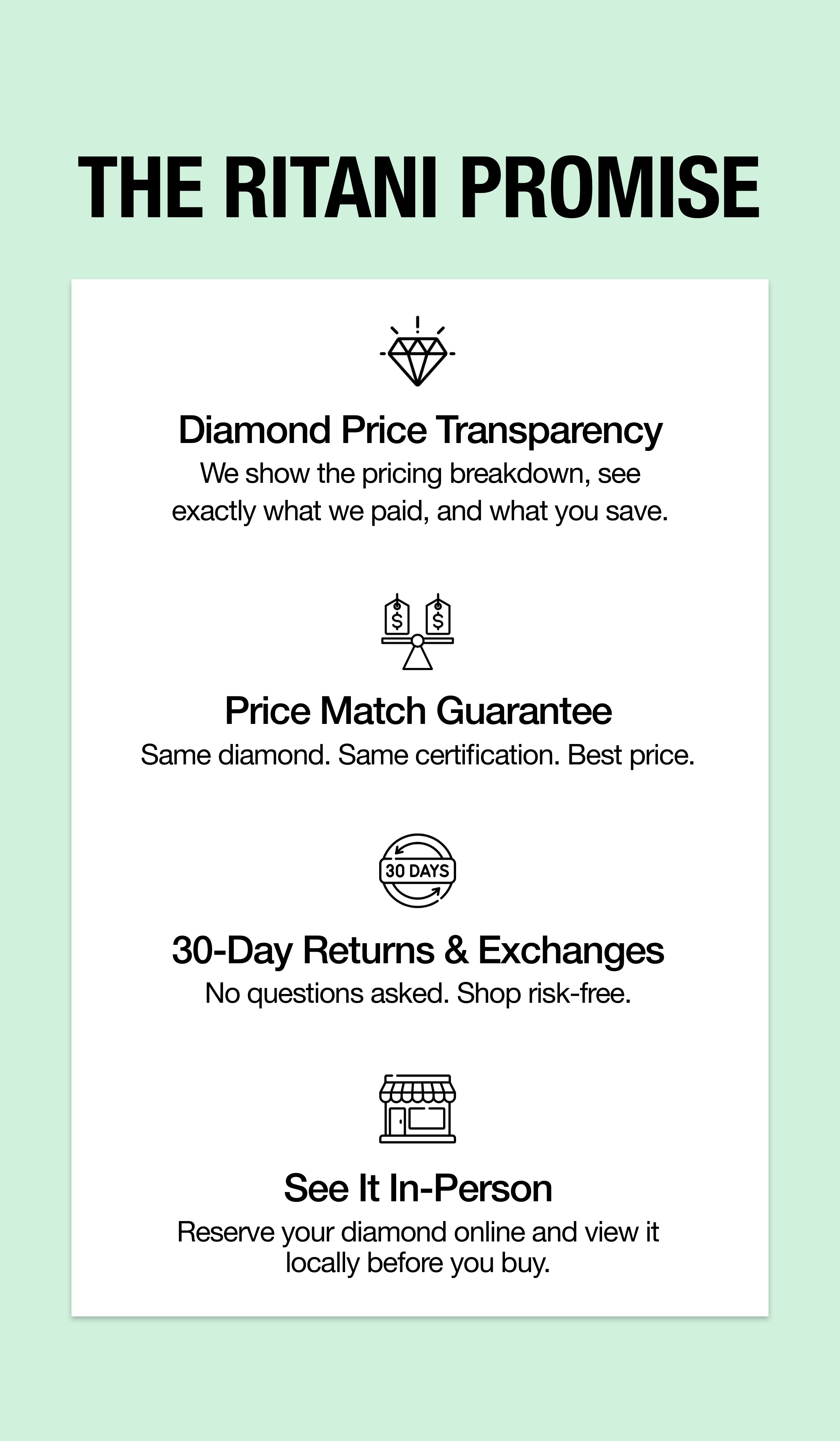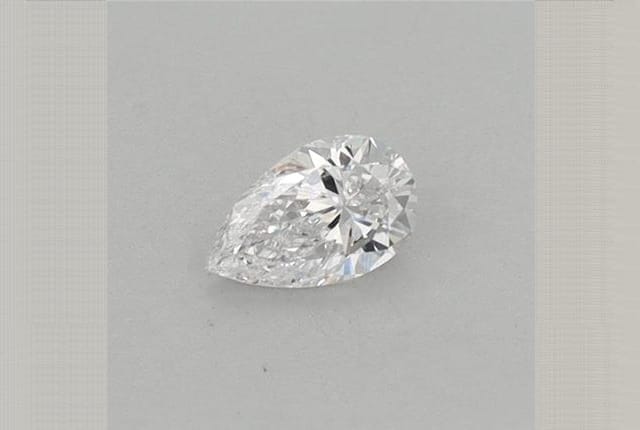Pear Shaped Lab Grown Diamonds
Pear-shaped lab-grown diamonds stand out with their unique structure. They feature a balanced mix of a round brilliant cut and an elongated version of the marquise cut. The shape is reminiscent of a teardrop, with its pointed end on one side and a rounded end on the other. With its versatility, this cut can be worn with the point facing up or down.
Lab diamonds are made using two processes, HPHT and CVD. Both mimic the natural process of earth diamonds. LEARN ABOUT LAB DIAMONDS
Send me a report
Send me a report
Send me a report
Send me a report
Send me a report
Send me a report
Send me a report
Send me a report
Send me a report
Send me a report
Send me a report
Send me a report
Send me a report
Send me a report
Send me a report
Send me a report
Send me a report
Send me a report
Send me a report
Send me a report
Send me a report
Send me a report
Send me a report
Send me a report
Send me a report
Send me a report
Send me a report
Pear-shaped lab-grown diamonds stand out with their unique structure. They feature a balanced mix of a round brilliant cut and an elongated version of the marquise cut. The shape is reminiscent of a teardrop, with its pointed end on one side and a rounded end on the other. With its versatility, this cut can be worn with the point facing up or down.
Why Choose Ritani for Lab-Grown Diamonds
Ritani is your go-to for premium-quality lab-grown diamond pieces, whether in pear cut or other shapes. Here's why customers trust us for their diamond purchases:
- Handcrafted pieces: Each diamond piece is handcrafted by local artisans in New York, ensuring quality and durability. We work with expert craftspeople who can bring out the radiance of your pear-cut lab-grown diamond jewelry.
- Top-notch customer service: We go beyond the basics of customer service and offer in-person previews. Our diamond expert will guide you through a close inspection of your pear-cut lab-grown diamond ring's cut, clarity and color.
- Transparent pricing: Shopping at Ritani leaves no doubts for our customers. Our transparent pricing means you get a full breakdown of the cost. Compare prices with ease and pay only what you're quoted.
Wear Your Personality With Custom Jewelry
Elevate your daily style with a pear-cut lab-grown diamond piece that reflects your personality. Shop lab-grown diamonds online or contact us to discuss your design specifications.
Shop by Carat Weight
- 0.25 Carat Pear Shaped Lab Grown Diamond
- 0.5 Carat Pear Shaped Lab Grown Diamond
- 0.75 Carat Pear Shaped Lab Grown Diamond
- 1 Carat Pear Shaped Lab Grown Diamond
- 1.25 Carat Pear Shaped Lab Grown Diamond
- 1.5 Carat Pear Shaped Lab Grown Diamond
- 1.75 Carat Pear Shaped Lab Grown Diamond
- 2 Carat Pear Shaped Lab Grown Diamond
- 2.5 Carat Pear Shaped Lab Grown Diamond
- 3 Carat Pear Shaped Lab Grown Diamond
- 3.5 Carat Pear Shaped Lab Grown Diamond
- 4 Carat Pear Shaped Lab Grown Diamond
Shop by Shape
Shop by Color
Frequently Asked Questions
How much does a Pear Shaped Lab Grown Diamond cost?
A Pear Shaped Lab Grown Diamond can cost anywhere between $63 and $54,000 depending on the 4 cs. The median price is $1,000.
What is a pear-shaped lab-grown diamond?
A pear-shaped lab-grown diamond is a type of diamond cut that resembles a teardrop, combining the brilliance and soft curves of a round cut with the pointed elegance of a marquise. Lab-grown diamonds are created in controlled environments using advanced technology, offering an ethical and more affordable alternative to mined diamonds without compromising on beauty or quality.
How do I choose a high-quality pear-shaped lab-grown diamond?
When choosing a pear-shaped lab-grown diamond, focus on the 4 Cs: Cut, Color, Clarity, and Carat. For pear-shaped diamonds, the cut is particularly important; look for good symmetry, where the pointed end aligns with the apex of the rounded end, and a smooth, graceful curve on both sides. The length-to-width ratio should also be considered, with a classic pear shape typically falling between 1.45 and 1.75.
Are pear-shaped diamonds more expensive than other shapes?
Pear-shaped diamonds can vary in price, similar to other diamond shapes. Lab-grown versions tend to be more affordable than their mined counterparts due to the more efficient production process. The price of a pear-shaped lab-grown diamond will depend on its size (carat), quality (color, clarity), and how well it is cut.
What settings work best with pear-shaped lab-grown diamonds?
Pear-shaped diamonds are versatile and can be set in various styles, including solitaire, halo, and side-stone settings. A prong setting that includes a V-shaped prong to protect the pointed tip of the diamond is often recommended to secure the stone and prevent chipping.
How do I care for my pear-shaped lab-grown diamond?
Caring for a pear-shaped lab-grown diamond involves regular cleaning with mild soap and water and using a soft brush to remove any dirt or grease. It's also advisable to have it checked by a professional jeweler periodically to ensure the setting remains secure, especially given the vulnerability of the pointed tip.
Can pear-shaped lab-grown diamonds be used for engagement rings?
Absolutely! Pear-shaped lab-grown diamonds are an increasingly popular choice for engagement rings due to their unique shape, brilliant sparkle, and the ethical and sustainable nature of lab-grown diamonds. They offer a distinctive and elegant alternative to traditional round or princess-cut diamonds.
What should I consider when buying a pear-shaped lab-grown diamond online?
When purchasing a pear-shaped lab-grown diamond online, ensure you buy from a reputable retailer that provides detailed information about the diamond's 4 Cs, along with high-quality photos or videos. Look for certifications from recognized gemological laboratories and read reviews to understand the retailer's customer service and product quality.






